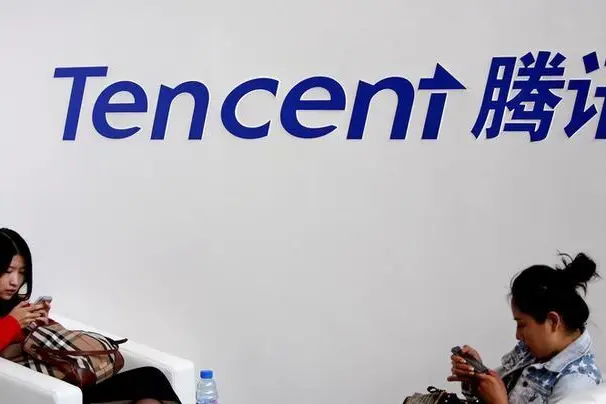PHOTO
(The author is a Reuters Breakingviews columnist. The opinions expressed are his own.)
HONG KONG - Tencent’s hot sauce fraud case reeks of expired technology. The Chinese video-games titan appears to have been taken by crooks pretending to work for Lao Gan Ma, a popular spicy condiment, using a forged company seal to ink an advertising deal. Such old-fashioned methods have burned others in the past, and it’s time to close the loophole.
The cautionary tale kicked off in late June when the $640 billion company sued Lao Gan Ma for unpaid advertising fees and requested courts to freeze over $2 million of the company’s assets. The condiment maker, whose name means “old godmother”, denied having any such relationship and went to the authorities. Earlier this week, police arrested three people for masquerading as staff from Lao Gan Ma’s marketing department, who allegedly signed a contract with Tencent to acquire the video-game codes the company was giving away to advertisers. Jars of the chili sauce appeared in e-sports shows and games, while the imposters resold the codes for a profit.
Much fraud is enabled by Chinese officials’ nostalgia for obsolete technologies. Government agencies still communicate using fax machines, for example. But the most archaic holdover is the so-called chop, a red ink stamp without which no signed corporate or government document is valid. They have been in use in various forms since around 1600 B.C., and are still causing corporate headaches in the People’s Republic today. In 2018, the Arsenal Football Club fell victim to criminals pretending to represent Chinese electric-vehicle maker BYD; they too used forged chops to sign a sponsorship deal. Most recently, a local SoftBank subsidiary found itself unable to fire its chief executive because he refused to hand over company seals, making it impossible to file the paperwork.
For all China’s obsession with security, corporate deals are certified using some of the most easily counterfeited objects imaginable. Rogue employees in possession of an authentic chop can do a lot of damage too, which demands an extra layer of internal controls. There are plenty of alternatives, including smart contracts recorded via digital ledger and other forms of digitisation that shouldn’t be too difficult for regulators, especially as the central bank prepares to roll out a digital currency. It’s past time to give chops the chop.
CONTEXT NEWS
- Tencent has sued Lao Gan Ma, maker of one of China’s best-known hot sauces, for unpaid advertising fees, according to a June 30 article in state-owned media Global Times, citing a Tencent statement it received. A Shenzhen court said it would freeze 16.2 million yuan ($2.3 million) in Lao Gan Ma assets over the dispute.
- Lao Gan Ma, in a statement published on its microblog on the same day, denied signing any contract for advertising or engaging in any partnership with Tencent.
- On July 1, police in the city of Guiyang, Lao Gan Ma’s headquarters, said three people pretending to be Lao Gan Ma marketing managers had forged the company’s seals and signed the contract with Tencent. Their aim was to obtain gaming activation codes that Tencent distributed alongside the advertisements, and resell them.
(The author is a Reuters Breakingviews columnist. The opinions expressed are his own.)
(Editing by Robyn Mak and Sharon Lam) ((pete.sweeney@thomsonreuters.com; Reuters Messaging: pete.sweeney.thomsonreuters.com@reuters.net))





















